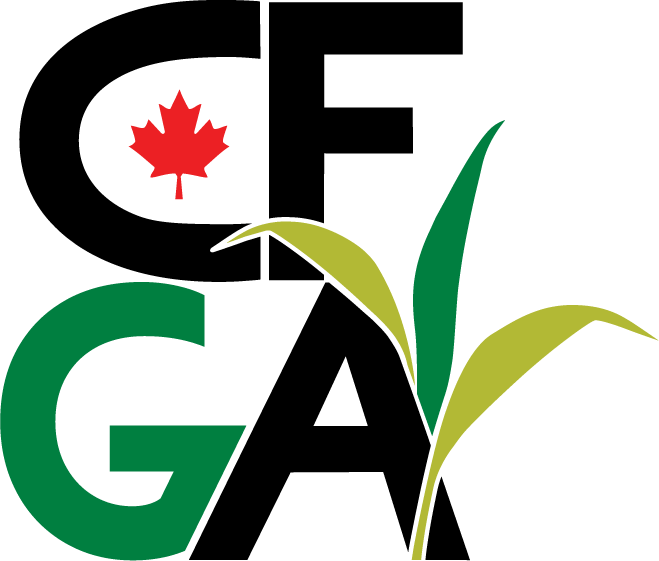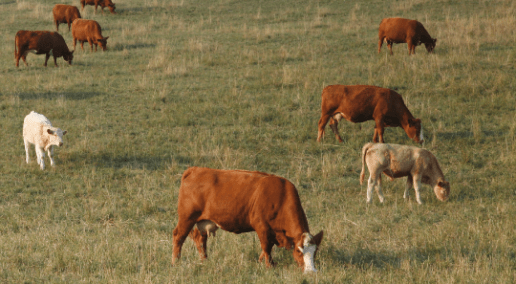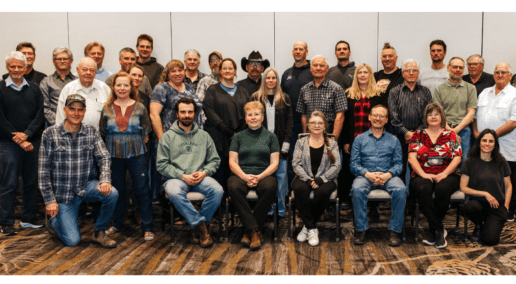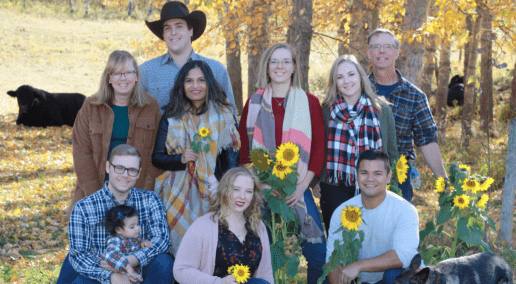Sept. 30 marks the National Day for Truth and Reconciliation. It is a time for Canadians to reflect on the legacy of residential schools, honour survivors and recognize the enduring strength of Indigenous communities. For those of us in agriculture, especially within the forage and grassland sector, this day also invites us to consider our relationship with the land and the histories it holds.
Grasslands are among the most ecologically rich and culturally significant landscapes in Canada. Long before settlers arrived, Indigenous Peoples stewarded these lands through traditional practices that sustained biodiversity, supported wildlife and nurtured community. Their knowledge systems – rooted in observation, reciprocity and respect – offer invaluable insights into sustainable land management. Yet these voices have often been marginalized in mainstream agricultural discourse.
The Canadian Forage and Grassland Association (CFGA) believes we have a responsibility to listen, learn and act. Truth and reconciliation are not passive concepts. They require ongoing commitment to educate ourselves about the impacts of colonialism, to amplify Indigenous perspectives and to build partnerships grounded in mutual respect.
One meaningful step is recognizing Indigenous land stewardship as a vital part of our sector’s future. Collaborative research, knowledge-sharing initiatives and inclusive policy development can help bridge gaps and foster innovation. Whether it’s integrating traditional grazing practices, restoring native grass species or supporting Indigenous-led conservation projects, there are countless ways to honour Indigenous contributions while advancing ecological resilience.
We encourage our members to engage locally. Attend community events, support Indigenous businesses and seek out opportunities to learn from Elders and Knowledge Keepers. Reconciliation begins with relationships, and relationships begin with listening.
On this day, let us pause not only to remember the painful chapters of our shared history, but to also envision a future rooted in respect, equity and stewardship.
RAD Network reading list
The CFGA is pleased to be working with the Restore Assert Defend (RAD) Network, along with the University of Alberta and Ducks Unlimited Canada, on the Grassland Learning and Knowledge Hub (GLKH) project. As we reflect leading up to the National Day for Truth and Reconciliation on Sept. 30, we share a reading list the RAD Network recently shared for its first RAD reading and discussion circle, which took place on Sept. 25.
1. Becoming Kin by Patricia Krawec, 2021
2. The Reconciliation Manifesto: Recovering the Land, Rebuilding the Economy by Arthur Manuel and Grand Chief Ronald Derrickson, 2017
3. Indigenous Rights in One Minute: What You Need to Know to Talk Reconciliation by Bruce McIvor, 2025
4. Sand Talk: How Indigenous Thinking Can Save the World by Tyson Yunkaporta, 2021
5. No Surrender: The Land Remains Indigenous by Sheldon Krasowski, 2019
6. More Powerful Together: Conversations with Climate Activists and Indigenous Land Defenders by Jen Gobby, 2020
Learn more
To learn more about the National Day for Truth and Reconciliation and how you can participate, visit nctr.ca.




Leave a Comment